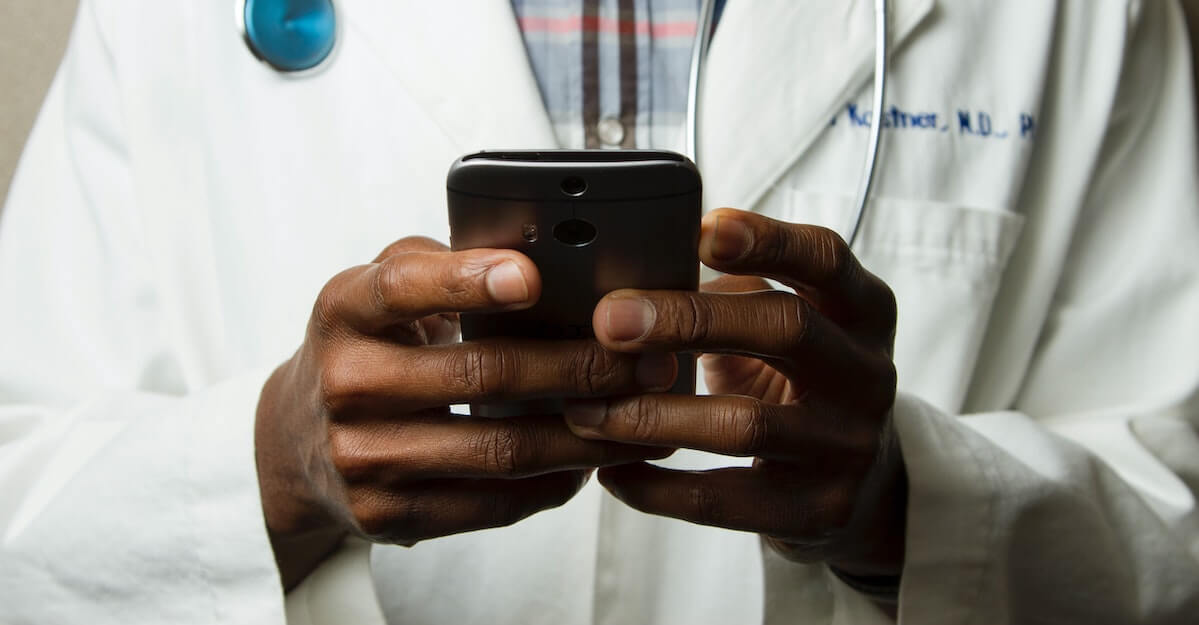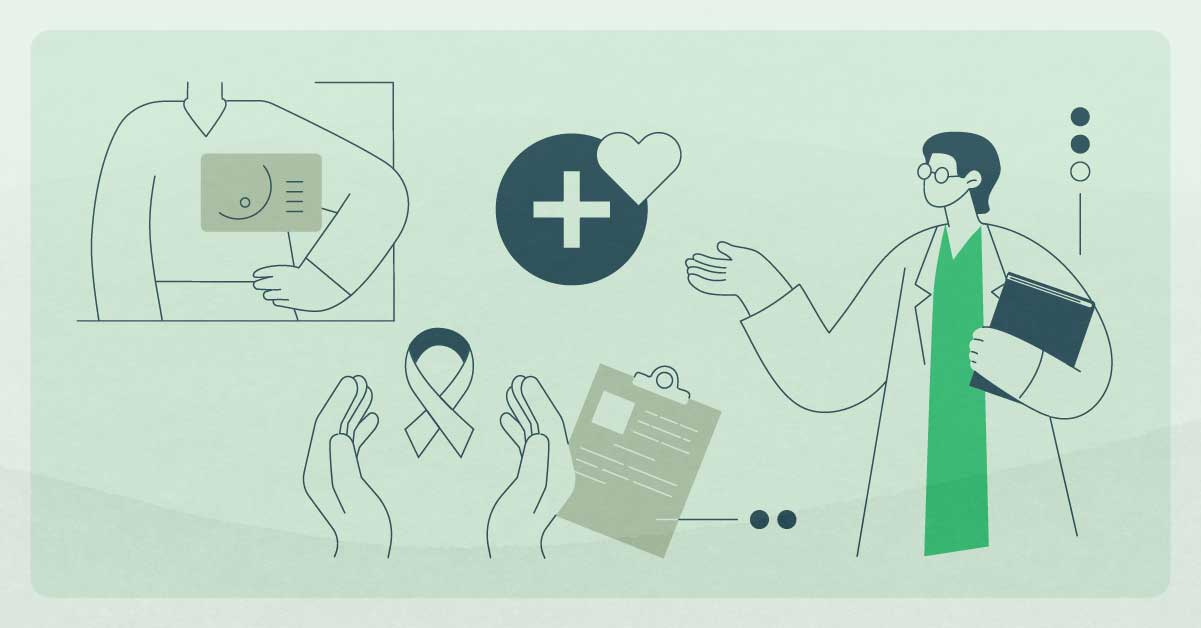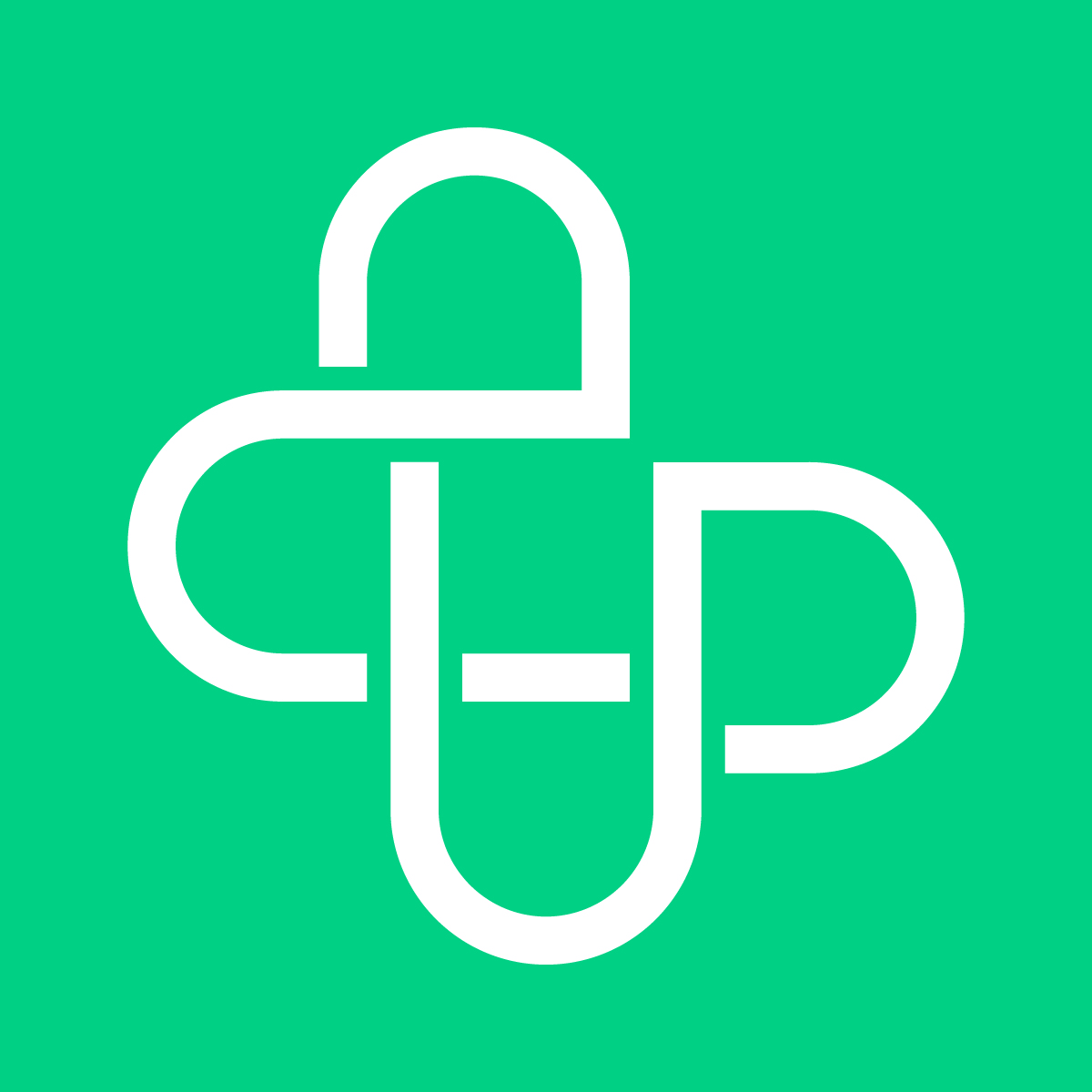A few weeks ago, the White House announced that the country would not meet the goal of 70% of adults aged 18+ receiving at least one dose of a Covid vaccination, falling just short at around 67.8%. Nationwide, nearly 60% of adults 18+ are fully vaccinated. As of this writing, 20 states and the District of Columbia have passed the 70% milestone. This is no small feat. Getting this many people vaccinated in such a short time required innovation, cooperation between the public and private sectors, and hard work by an incredible amount of people to ensure supply could keep up with enthusiasm. Unfortunately, what comes next may prove to be just as hard, if not harder.
It’s important to focus on the right goal: We’ll never cross that last mile and vaccinate everyone. It’s not even a stretch goal, and herd immunity would theoretically be achieved well before doing so. Instead, we are in a race against time to cross the next mile, to continue to strive to meet national goals and protect against the spread of variants. Sixteen states are hovering under 60% of their population receiving at least one dose. Daily vaccines administered are down 84% from their peak in mid-April. Given that availability is no longer a problem, many of these states are incentivizing the unvaccinated without any examination of why they are hesitant in the first place (congrats to the new millionaires in Ohio). Crossing the next mile will require a deep, compassionate understanding of the vaccine hesitant and a re-designed effort to engage and educate them on the importance of vaccination.
Comparatively speaking, encouraging the vaccine-enthusiastic to get the jab was easy. Informal, generalized messaging originating locally from community organizations, religious leaders, retail pharmacy chains, and health system administrations complemented the overarching federal government messaging that the vaccine was safe and effective. Persuading the vaccine-hesitant, however, requires a truly personalized approach to directly address and alleviate individual concerns, particularly for folks whose views are more entrenched. There are many reasons why a person may be hesitant to get vaccinated, including a lack of trust in the government and/or our healthcare system at large, fear of side effects and other safety concerns, and misinformation from unreliable sources (social media, non-medical literature, etc.). While it is frustrating to turn on the television and see so many unqualified talking heads doling out medical advice, it is an important reminder that when it comes to issues such as one’s health, people are most apt to take advice from sources they consider trustworthy.
With this in mind, Upfront recently outreached to 1,800 not-yet-vaccinated patients attributed to a single practice within a health system partner of ours. Messaging in this outreach was personalized and addressed to the patient from their trusted physician, rather than from the health system as a whole. The outreach:
- Anticipated and proactively answered common questions
- Created a sense of familiarity and comfort by navigating patients to community vaccination options
- Encouraged additional conversation: Patients were invited to converse directly with their physician to promote shared decision making and gain confidence
- Included emphatic toning: Patients were not belittled, challenged, or condemned for their beliefs; rather, we chose language to evoke compassion and understanding to further build trust and alleviate discomfort
- Addressed the perceived risks of taking an action (getting vaccinated) vs not taking an action, with proper contextualization using health literacy and paired with facts
While we are careful not to draw a definitive conclusion from this limited data set, what we did observe across the two-week period was quite encouraging. Ten percent of patients (180) engaged with the content, with 22 previously unvaccinated patients scheduling their vaccinations or presenting at a walk-in site. Pairing this small sample size with the engagement and conversion rates we witness from similar personalized approaches across a wide variety of use cases addressed to other patient populations, we are more confident proclaiming that organic, genuine messaging initiated by a trusted physician brimming with empathy and encouraging future dialogue is a blueprint for transforming vaccine hesitance into confidence.
We would be remiss if we did not point out the importance of the physician-patient relationship and subsequent level of trust established. For patients with no such relationship, a more concerted effort to surface and engage in order to drive action is required. But for those vaccine-hesitant patients that do maintain a relationship with their provider, even seemingly small gains can make a big impact in the effort to reach herd immunity, given the multiplier effect each individual can have related to spread and the influence an individual can have on family and friends who may themselves be vaccine hesitant. Health behaviors can be influenced through language rife with compassion, empathy, and personalized “nudges” to take the next, best step. Gaining a true understanding of why a patient is hesitant and overcoming those concerns with empathy, personalization and expertise is the key to our country crossing that next mile.
Resources:
Callender, D. (2016). Vaccine hesitancy: More than a movement. Human Vaccines & Immunotherapeutics, 12(9), 2464–2468. https://doi.org/10.1080/21645515.2016.1178434
Vlaev, I., King, D., Dolan, P., & Darzi, A. (2016). The Theory and Practice of “Nudging”: Changing Health Behaviors. Public Administration Review, 76(4), 550–561. https://doi.org/10.1111/puar.12564
Ruiz-Moral, R. (2010). The role of physician-patient communication in promoting patient-participatory decision making. Health Expectations, 13(1), 33–44. https://doi.org/10.1111/j.1369-7625.2009.00578.x






